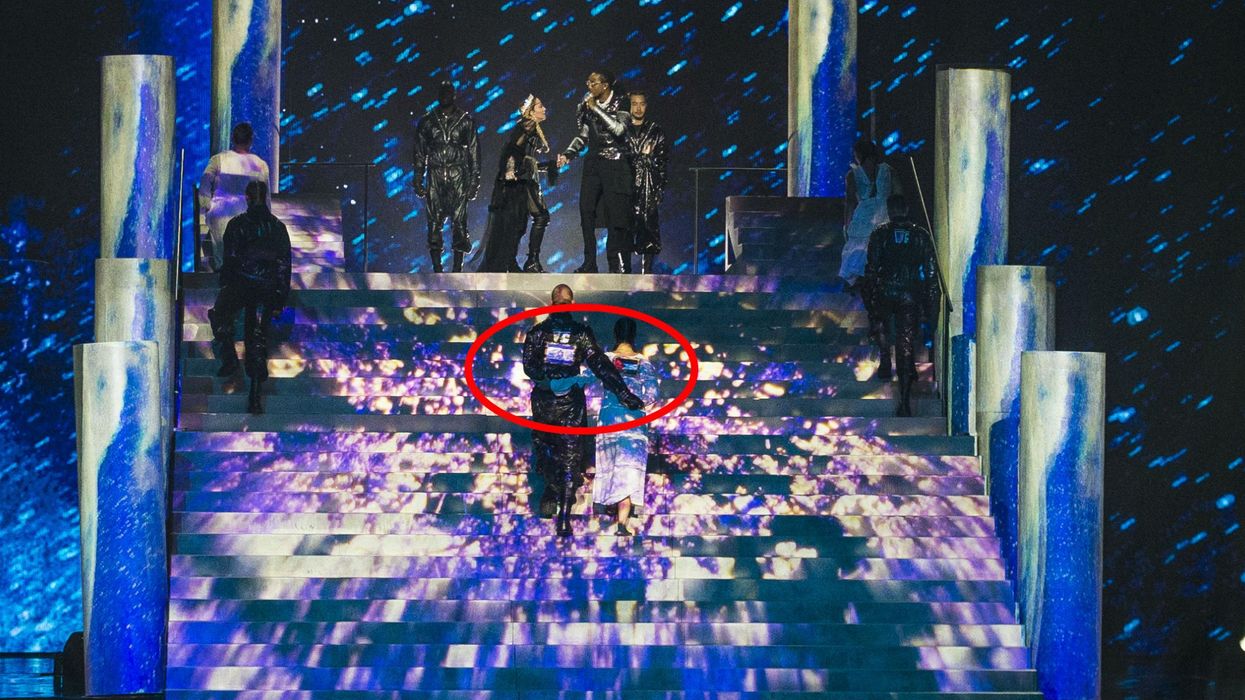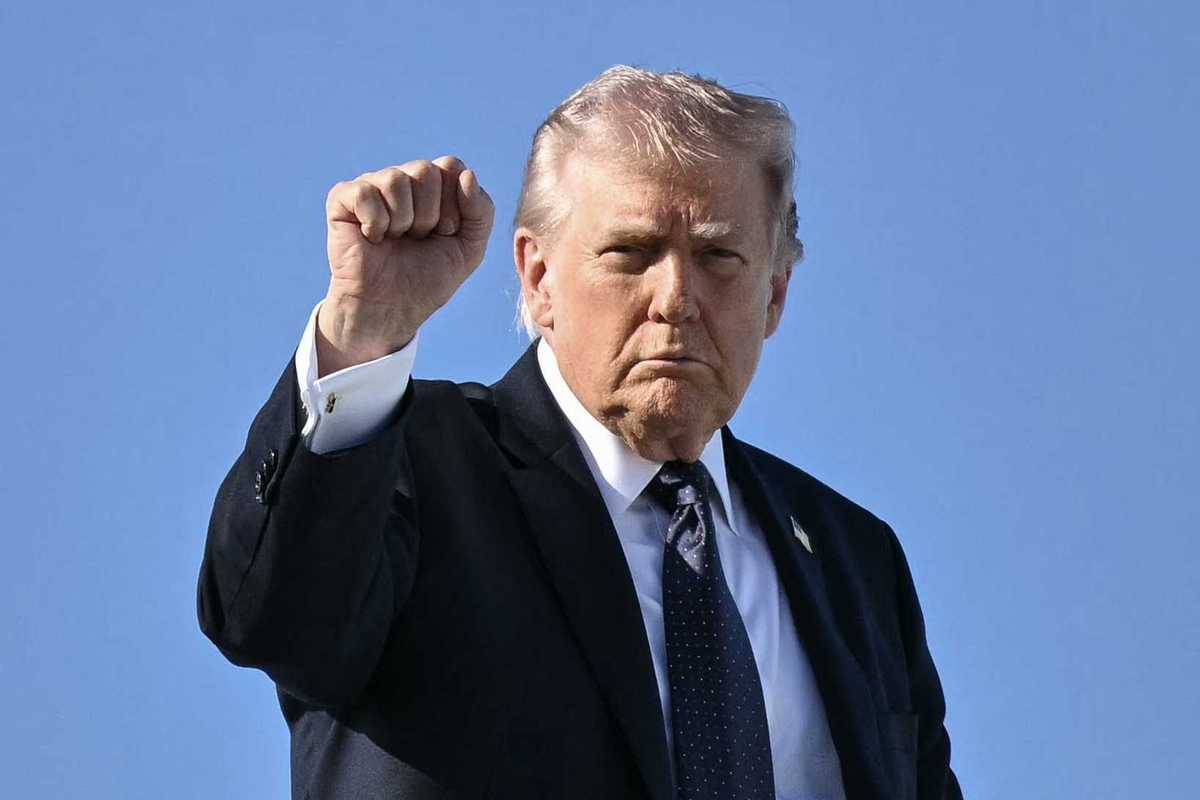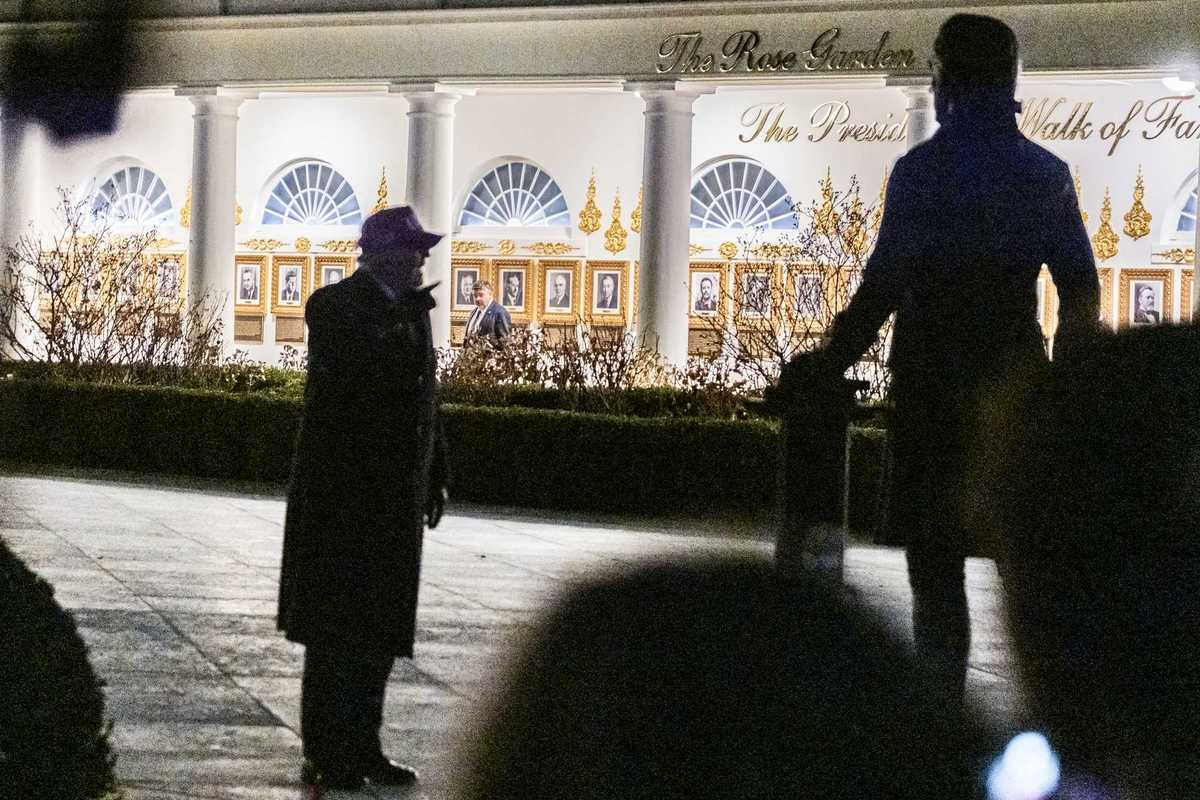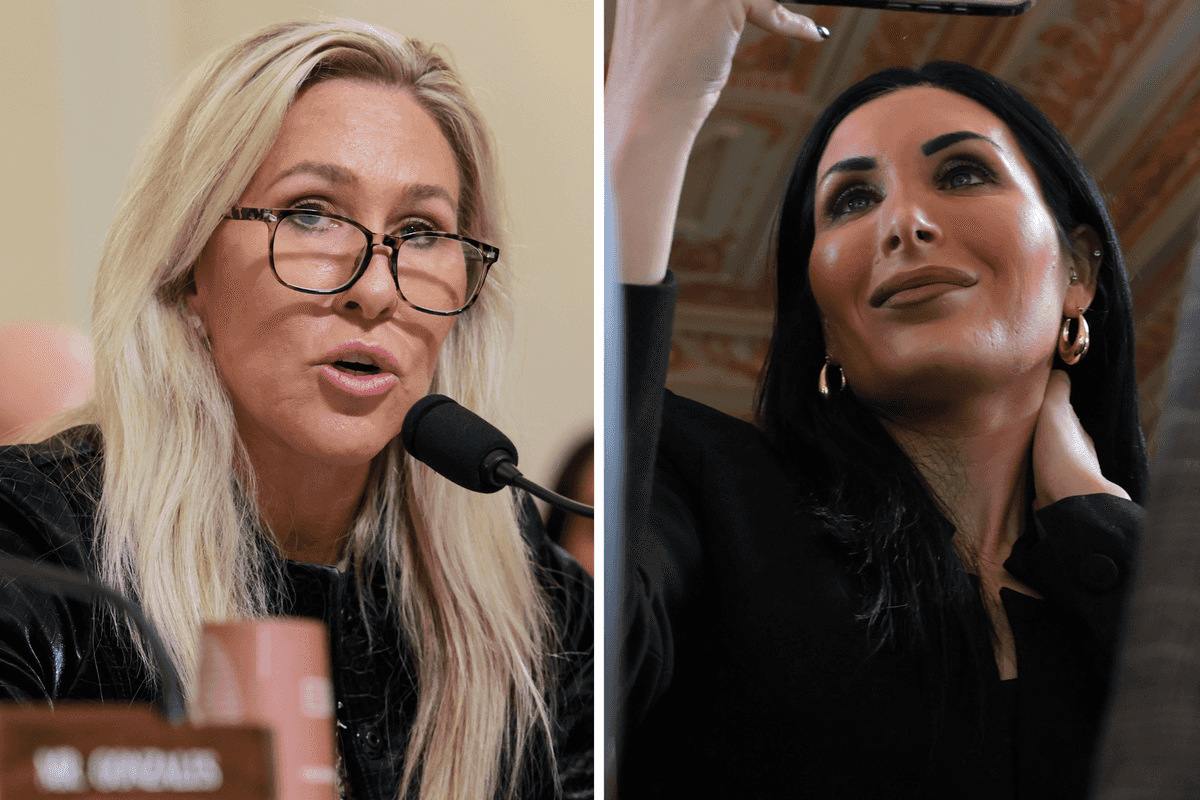News
Narjas Zatat
May 19, 2019
Madonna performed at the Eurovision 2019 song contest, where she made a political statement about Israel and Palestine – something she didn’t have permission to do, organisers have said.
The legendary pop star had backing dancers wearing Israeli and Palestinian flags on their backs during her performance at the final in Tel Aviv last night.
The European Broadcasting Union (EBU), which organises Eurovision, said it did not approve the act because the event is inherently “non-political.”
A spokesperson for the EBU told The Independent: “In the live broadcast of the Eurovision Song Contest grand final, two of Madonna’s dancers briefly displayed the Israeli and Palestinian flags on the back of their outfits.
“This element of the performance was not part of the rehearsals which had been cleared with the EBU and the host broadcaster, KAN.
The Eurovision Song Contest is a non-political event and Madonna had been made aware of this.
Earlier in the night, pro-Palestine activists compelled her to cancel her show, and she said she wouldn’t do that and instead wanted to create “a new path towards peace."
Reactions to her performance were mixed.
Some people praised Madonna for taking a stand and making a political statement
And called her "brave"
"A true icon"
Others thought the message Madonna went for was naive
And that she didn't use her platform to "talk about Palestine"
Activists boycotted the song contest by not watching it, and thought a better statement Madonna could have made is to forego performing at the competition altogether
And some thought the flags was an empty statement
Human rights attorney Noura Erakat argued that Madonna's use of the flags isn't even the "bare minimum to pressure #Apartheid to crumble"
Why did pro-Palestine activists call to boycott Israel?
Every year Palestinians and activists remember the 15th May, which marks the forced exodus of several hundred thousand Palestinians after the declaration of the State of Israel back in 1948 following a violent war known as the 1984 War.
These people fled their homes on the day referred to by Arabs as the Nakba, or the “Catastrophe.”
Israel’s subsequent occupation of the West Bank and the Gaza strip has inspired wide-spread condemnation for its violence and human rights abuses by the United Nations, political leaders and human rights groups.
According to an Amnesty International report, Israeli authorities continue to build illegal settlements in the West Bank, which is an area seen as the home of Palestinians in the event of a two-state solution (which is touted internationally as the most popular way to end the occupation).
Israel's “illegal air, land and sea blockade of the Gaza strip” has been referred to by a journalist as an “open air prison” for the way it restricts the movement of Palestinians. The United Nations says Gaza could become “uninhabitable by 2020” partly due to the fact that “97 percent of freshwater is unsuitable for human consumption” and Israel controls the flow of fuel and supplies in the region.
In recent deadly clashes, a four month old baby and two pregnant women were among 25 people dead in Gaza due to rockets fired from Israeli aircrafts. Armed groups in Gaza had fired more than 700 rockets and projectiles in Israel, killing four civilians.
In the West Bank, Amnesty says there is a culture of unlawful arrests, torture, unlawful killings, forced evictions and demolitions committed against Palestinian citizens by the Israeli government.
There was an intensification of the conflict last year when US president Donald Trump named the contested city of Jerusalem as Israel’s capital and then cancelled all funds to the UN’s Palestinian refugee agency.
This exacerbated tensions with Palestinians living in Israel, after the Israeli parliament decided to push through a controversial nation state law that defines Israel as the homeland for Jewish people. The legislation downgraded Arabic from an official state language to a special status language and endorsed the creation of Jewish-only settlements.
Writing for The Independent about Madonna’s statement about Israel and Palestine, Ohal Grietzer remarked:” Israel’s systematic mistreatment of Palestinian women affects them harshly in almost every sphere.“
When Palestinian women give birth they are regarded as a “demographic threat”. Palestinian women are deprived of their right to family reunification, and are constantly subjected to humiliation and harassment at military checkpoints, where some have been forced to give birth without any medical attention. The Israeli government imprisons Palestinian cultural workers, prevents Palestinian artists from travelling abroad and shuts down Palestinian theatre and literary festivals.
Grietzer added: “In Israel where decades-long military occupation and apartheid policies are the status quo, no on-stage message of ‘dialogue’ or ‘inclusivity’ will bring the required structural change for Palestinians and Israelis to live in equality."
More: The UK came last at Eurovision and everyone’s blaming Brexit
Top 100
The Conversation (0)














